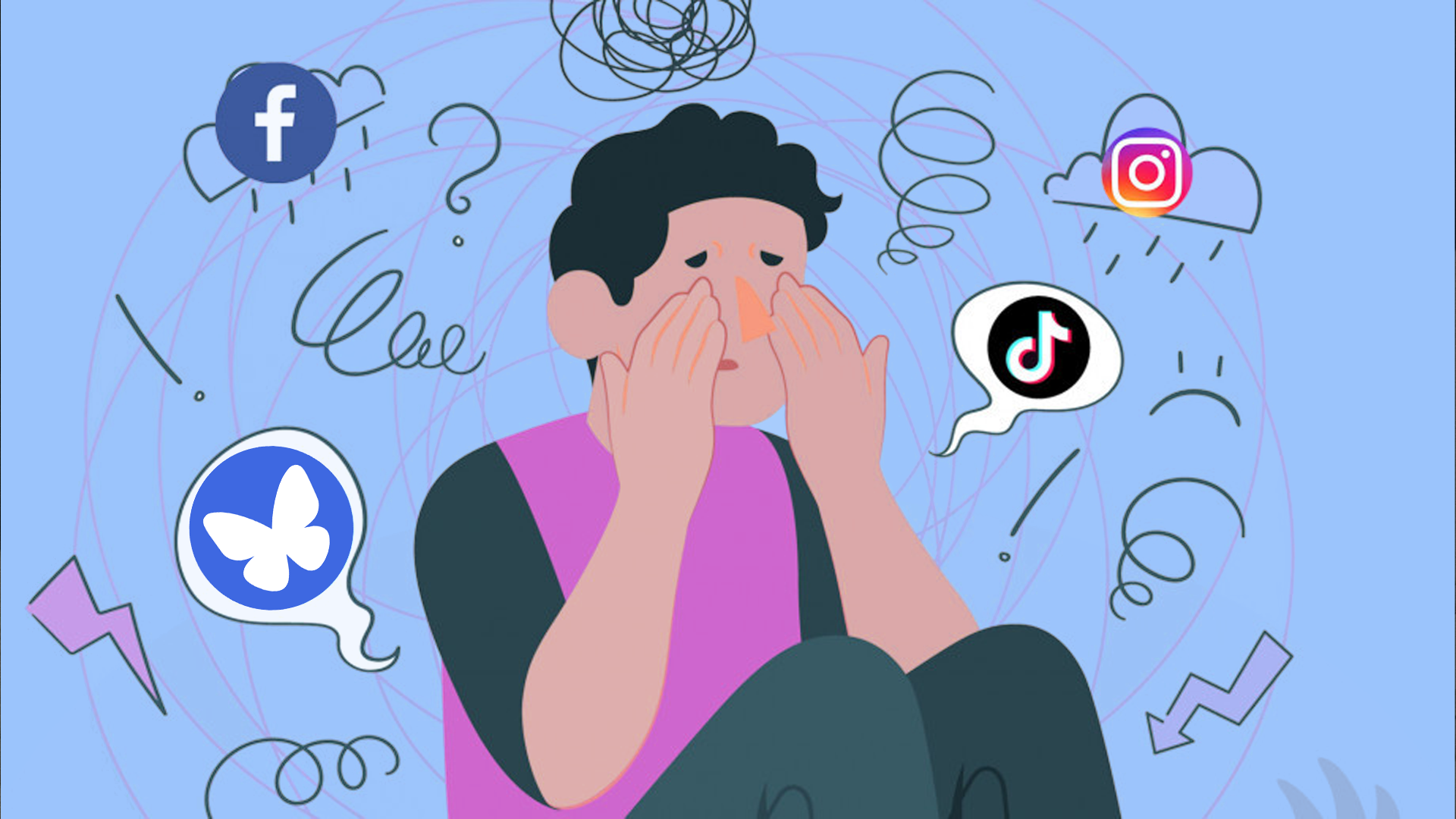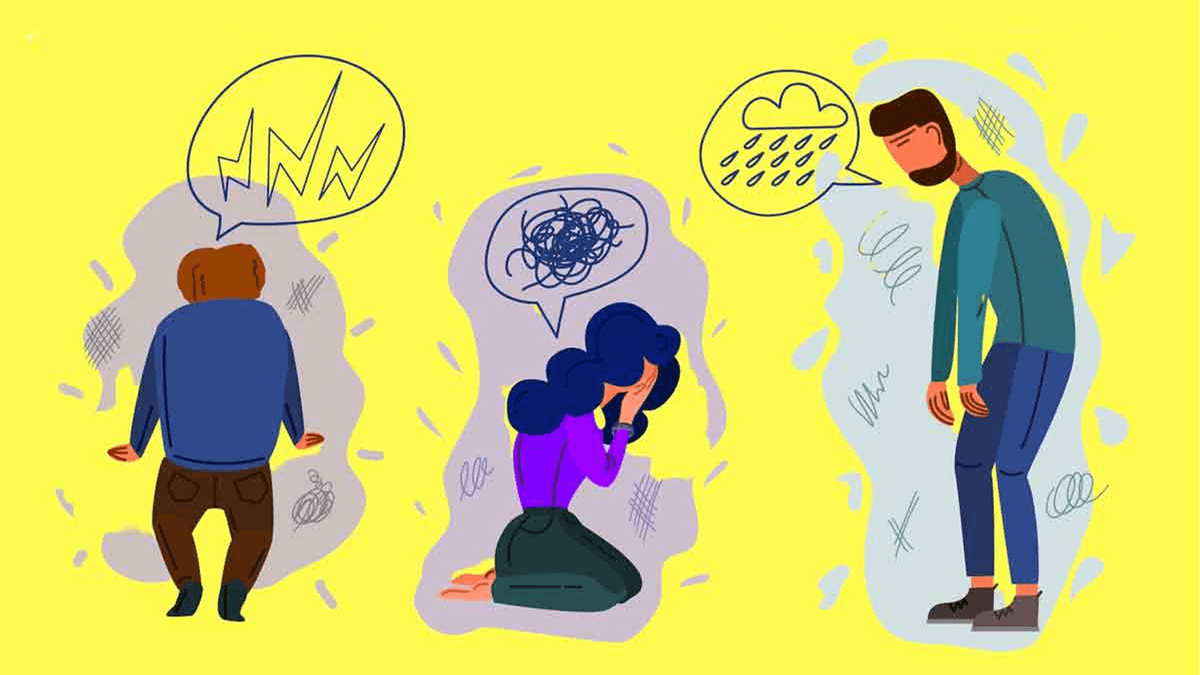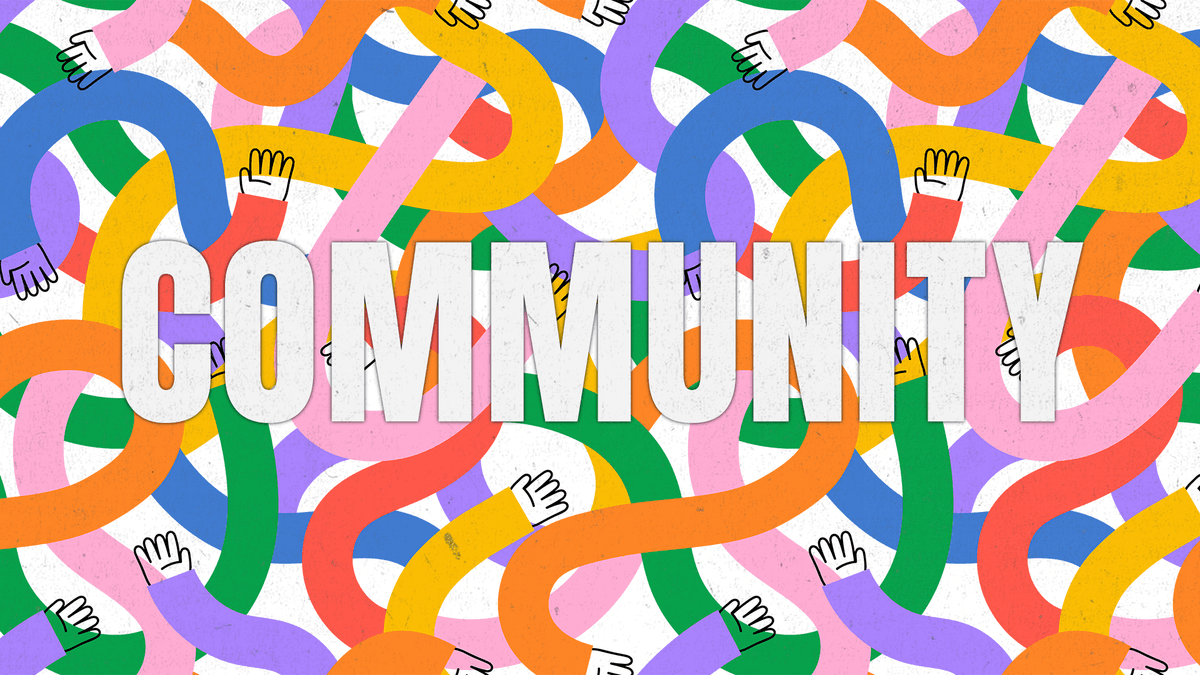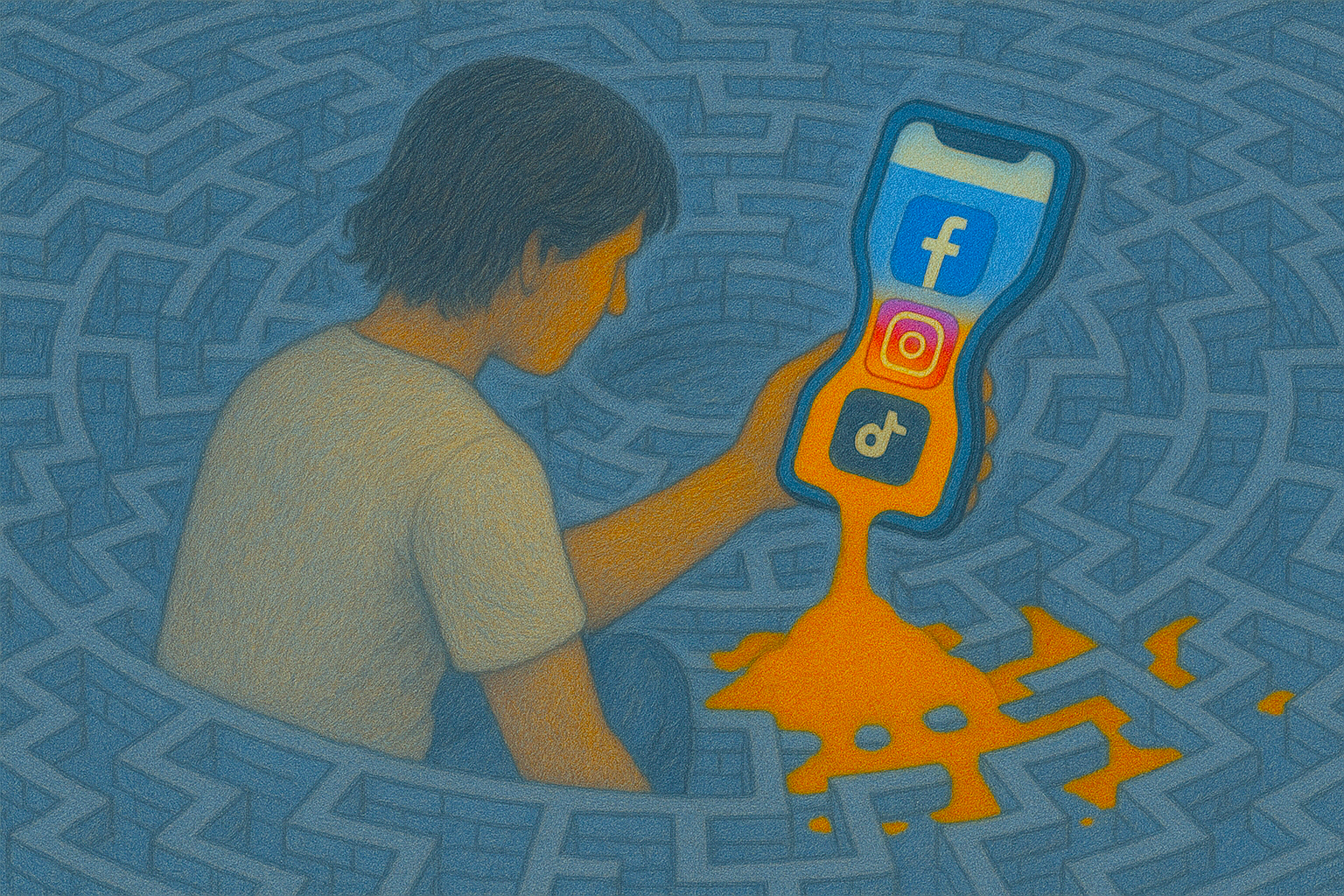The Time Heist

Social media platforms aren’t just stealing your attention—they’re distorting your sense of time, hijacking your memory, and subtly shortening your life.
What's Happening?
Time is the most valuable thing we have—and it’s vanishing. Not because we’re using it poorly, but because it’s being taken from us without us noticing. Social media platforms like Instagram, TikTok, and Facebook are specifically designed to consume our time by exploiting cognitive vulnerabilities. You check your phone for a minute and 30 minutes later, you’re still scrolling, unsure what happened. According to a 2019 study published in Nature Communications, the design of digital platforms often manipulates attention in ways that distort time perception, especially through variable rewards and algorithmic content delivery.
Scientists have shown that this isn’t just a feeling. The apps are engineered to speed up our sense of time in the moment and erase it in retrospect. It’s why we often can’t remember anything we saw, even after hours online. Studies show that social media use impairs both short-term and long-term memory. The experience is like wading into the mythical River Lethe, a river of forgetfulness. A 2022 study in Current Psychology found that heavy social media users had greater difficulty recalling what they viewed online, pointing to both short-term and long-term memory disruption. This supports what psychologists call the 'time compression' effect, where rapid, repetitive media use leads to the feeling that time is passing more quickly and without memory anchoring. Like the mythical River Lethe, social media induces a fog of forgetfulness, where minutes and hours blur together.
But how does it work? To understand this time-warping effect, we need to look at casino floor design. Back in the 1970s, casino managers learned that you could keep people gambling longer by confusing their sense of space and time. They made labyrinths with no clear exits, no windows or clocks, and plenty of distractions. The goal was simple: keep you playing, passively.
Social media copied this blueprint. Infinite scroll replaced page breaks. Autoplay videos replaced manual clicks. Push notifications act like slot machines that buzz with the chance of surprise. The result is a digital maze that keeps your attention cycling without direction. Even the most basic apps have adopted this 'curvilinear' design, making it harder to stop or even realize what you’re doing.
Human brains need structure to process and remember time. Stories with beginnings, middles, and ends help us understand our lives and experiences. But social media doesn’t tell stories, it delivers fragments. Each post is disconnected from the next. According to cognitive neuroscientist Maryanne Wolf, author of 'Reader, Come Home', this fragmented digital reading reduces comprehension and memory consolidation, especially in younger brains. We’re living more, but remembering less.
This isn’t just about mental exhaustion. It’s physical, too. Excessive screentime has been linked to disrupted sleep, increased stress, and even faster aging. Some studies show that young people are entering puberty earlier and that adults with high screentime may age biologically faster than their peers. The effects aren’t just on our calendars—they’re in our cells.
So what can we do? First, recognize that the platforms are working exactly as designed. As Sean Parker, Facebook’s first president, admitted in a 2017 interview, the platform was designed to 'consume as much of your time and conscious attention as possible.' These systems work as designed. But we can reclaim our time by changing how we use technology, and how we design it.
Start by making time visible again. Take deliberate breaks. Set hard stops. Replace the infinite scroll with reading a book, going outside, going on a walk, or simply sitting with your thoughts. Choose experiences that create memories, because it’s memories that stretch time and make life feel full.
Why It Matters
We can’t keep treating our lives like a scrollable feed. It’s time to turn the page. By understanding how digital platforms hijack our awareness and memories, we can make more intentional choices about how we spend our days. This isn’t just a personal issue; it’s a public health challenge, a civic issue, and a cultural one. If we want lives that feel longer, richer, and more meaningful, we need to start by remembering how to feel time again.
?
Dig deeper
Research is showing that smartphone addiction can lead to 'brain rot,' requiring the brain to work harder to complete simple tasks. Meg Oliver reports on why unplugging is essential for mental health.
Scrolling through social media can be addictive in ways similar to gambling or substance use—and it’s fueling a growing mental health crisis among youth.
Related

Understanding Triggers
Triggers aren’t just reactions, they’re messages from our past asking to be understood.

The Role of Social Media in Shaping Public Opinion
Social media is a powerful tool that influences public opinion on a global scale, but its impact isn't always positive. What does it mean for democracy, and how can we address the challenges of misinformation and echo chambers?

What Is Community?
Community is more than just a place on a map—it’s people, relationships, and the daily actions that tie our lives together.
Further Reading
Stay curious!
